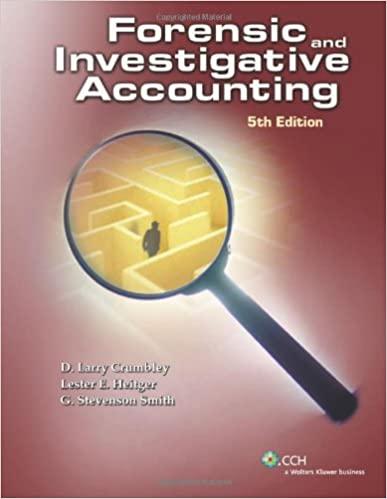

The Woody Group of Woody and its investee companies Coo and Hoo at 31 May 2020 are shown below: Draft Income Statements for the year ended 31 May 2020 Woody R000 Coo R000 Hoo R000 Revenue Cost of sales 1,138 (576) 488 (214) 149 (59) Gross profit Other operating expenses 562 (138) 274 (54) 90 (40) Profit from operations Interest payable 424 (38) 220 (44) 50 (14) Profit before tax Taxation 386 (54) 176 (24) 36 (6) Profit for the year 332 152 30 Draft Statements of financial position as at 31 May 2020 Woody ROOO Coo R000 Hoo ROOO Non-current assets PPE Investments 812 712 690 1,950 2,640 812 712 Current assets Inventories Receivables Cash and cash equivalents 700 1.000 375 594 180 25 56 130 15 2.075 799 201 4.715 1.611 913 Equity Share capital (R1 ordinary shares)1,875 Reserves 1,125 600 690 500 160 3,000 1.290 660 Non-current liabilities 7% Loan note 300 200 50 Current liabilities Trade Payables 1,350 101 188 Taxation 65 20 15 1,415 121 203 4,715 1.611 913 Additional information . During the year Woody acquired a new asset with a fair value of R100,000 under a finance lease. The lease agreement states payments of R20,000 must be paid for six years on 31 May each year, starting on 31 May 2020. At the end of the six-year period legal title of the asset will pass to Woody. Woody believes the only accounting entry he must make in relation to this asset is for the R20,000 payment he has made and he has treated this as an operating expense. Woody acquired 600,000 ordinary shares in Coo on 1 June 2016 for R1,550,000 when the reserves of Coo were R200,000. At the date of acquisition of Coo, the fair value of its property was R375,000 higher than its book value and considered to have a remaining life of 10 years. . Woody acquired 150,000 ordinary shares in Hoo on 1 June 2019 for R400,000 when the reserves of Hoo were R90,000. The fair values of assets of Hoo were the same as their net book value at that date. Depreciation should be treated as an operating expense. Woody manufactures a component used by Coo and Hoo. Woody sells this component at a margin of 25% and sold goods to Coo for R52,000 during the year. None of these goods had been sold by Coo at 31 May 2020. Woody sold goods to Hoo for R80,000 and Hoo had sold all of these goods at 31 May 2020. The receivables of Woody include R60,000 in respect of amounts owing by Coo and R35,000 in respect of amounts owing by Hoo. The corresponding balances in the payables of Coo and Hoo are R40,000 (Coo) and R35,000 (Hoo). On 30 May 2020 Coo had sent a cheque to Woody for R20,000. The impairment test on goodwill applied to Coo showed goodwill is being impaired by 10% per annum on a straight line basis. There has been no impairment for Hoo. Requirements: 11.1 Prepare the calculations for the adjustments required to be made in the accounts of Woody for the year ended 31 May 2020. to account for the finance lease in note (). You should apply the sum of the digits method when calculating the finance cost and prepare all workings to the nearest thousand. You should assume these calculations will have no effect on taxation








